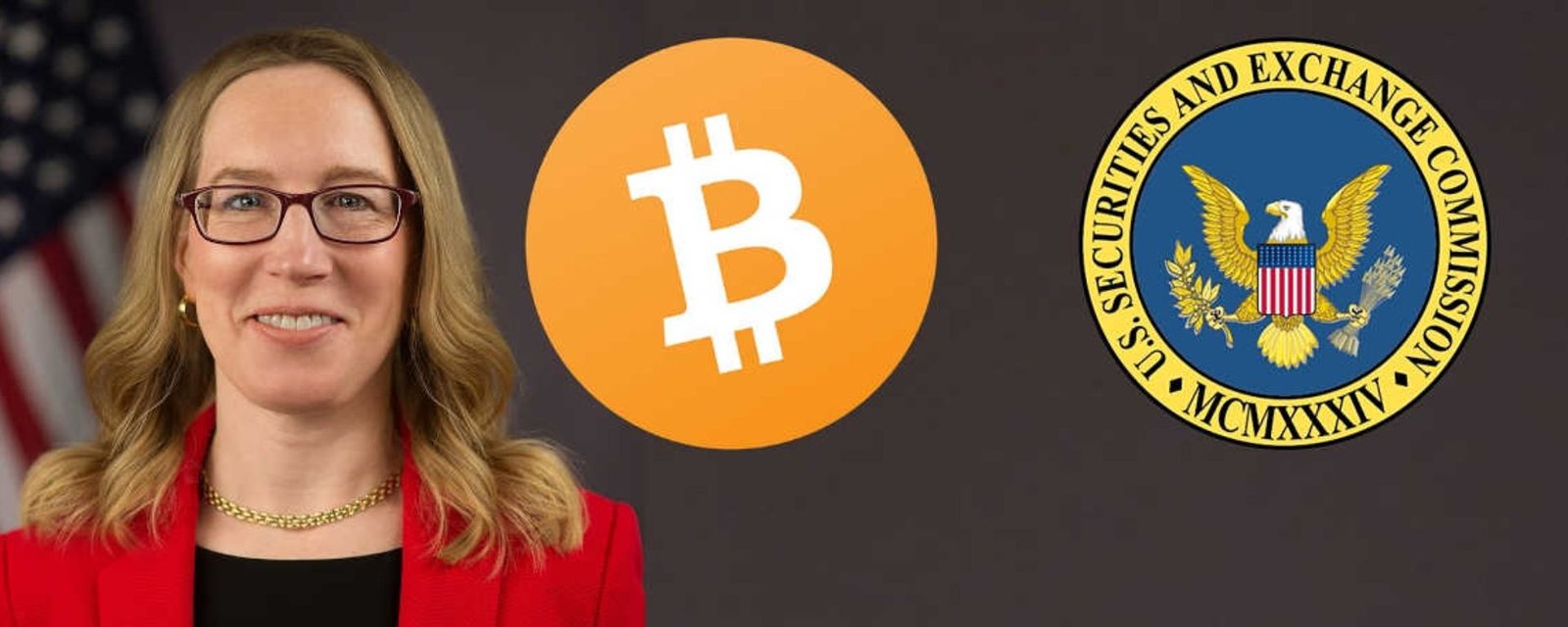U.S. Securities and Exchange Commission (SEC) Commissioner Hester Peirce discussed her plans for the SEC’s Crypto regulatory strategy in the Trump administration. In a recent interview, Peirce laid out her three main goals for the cryptocurrency business, which she thinks would bring much-needed clarity and encourage growth.
In an interview with Fox Business, Hester Peirce stated categorically that, as SEC chair under Trump, the agency must change its approach to cryptocurrency regulation. Stopping the Crypto industry’s “regulatory suppression” was one of her main objectives. She stated that the SEC should stop limiting the Crypto industry’s access to custody and other essential services critical to its growth.
Peirce and Sacks Address Crypto Regulatory
Peirce says these services are crucial for Crypto companies to grow well. She has a larger goal of facilitating the cryptocurrency industry in her demand to remove the obstacles to custody and other services. In addition, the soon-to-be Crypto Czar, David Sacks, recently addressed the mounting worries around Operation Chokepoint 2.0. After ex-Silvergate Bank CTO Chris Lane recounted how regulators, not FTX’s demise, were to blame for the bank’s demise, he said.
Lane detailed how regulatory activities led to the closure of Silvergate Bank by significantly limiting the bank’s capacity to accept deposits from customers dealing in digital assets. As a result, Sacks planted the seed for a potential investigation into Operation Chokepoint 2.0 by implying that these claims merit more examination.
Hester Peirce Advocates Clearer SEC Guidelines

Hester Peirce also brought up an important point about the need for more precise rules regarding the scope of the SEC’s authority. She stressed the need to define precisely what the SEC should regulate regarding actions and assets. According to Peirce, there must be distinct boundaries between what is and is not a security. Peirce stated that if Crypto firms could have precise definitions, they would be better able to grasp their responsibilities. With this understanding, they will be better equipped to comply with Crypto legislation and avoid legal pitfalls.
Furthermore, Hester Peirce emphasized the importance of the cooperation between the SEC and Crypto sector players. She suggested that the SEC collaborate closely with the industry to determine the applicability of current regulations and identify areas for revision. According to Peirce, everyone engaged should be able to see and hear the process of this partnership.
FDIC Letters Expose Crypto Banking Restrictions
Such comments follow Coinbase’s disclosure of FDIC “pause letters” obtained via a Freedom of Information Act request. The letters reveal the agency’s involvement in 2022’s restriction on Crypto companies receiving banking services.
As the records show, the FDIC told financial institutions to put crypto-related operations on hold while they investigated further. Paul Grewal, chief legal officer at Coinbase, stressed that these letters prove there is a coordinated attempt to restrict access to Crypto banking.
Summary
The goals of SEC Commissioner Hester Peirce for more transparent cryptocurrency regulation centre on the elimination of obstacles to vital services like custody. She advocated for the SEC and the cryptocurrency industry to work together more closely and clarify what the agency should oversee. Additionally, the story brings attention to Coinbase’s disclosure of FDIC “pause letters,” which show that in 2022, there were efforts to limit the banking services that Crypto firms might utilize.
[sp_easyaccordion id=”2781″]

